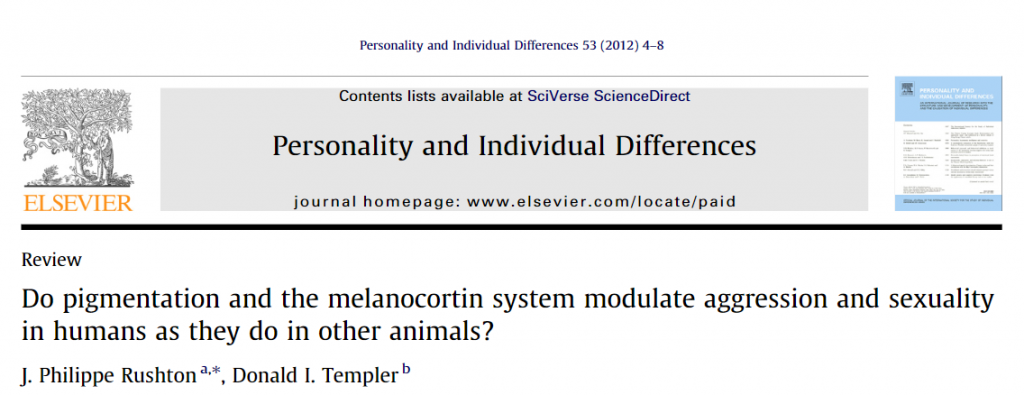
Journals have issued expressions of concern for seven more papers by Hans Eysenck, including one for a paper the now-deceased psychologist published in the middle of World War II.
Suspicions about Eysenck, who died in 1997, surfaced in the early 1990s, if not before. At least 14 of his papers have been retracted so far — a total his biographer has said could well eclipse 60. And 71 have now been hit with expressions of concern.
The latest such moves come from the Journal of the Royal Society of Medicine, which issued the following notice:
Continue reading 77-year-old paper by controversial psychologist Hans Eysenck earns an expression of concern



